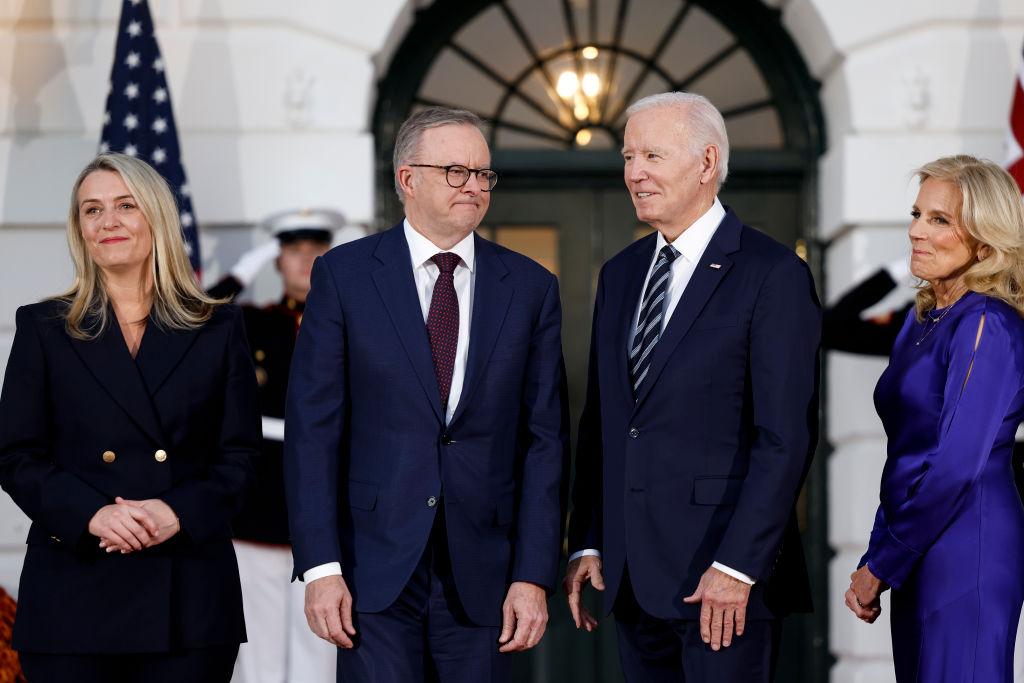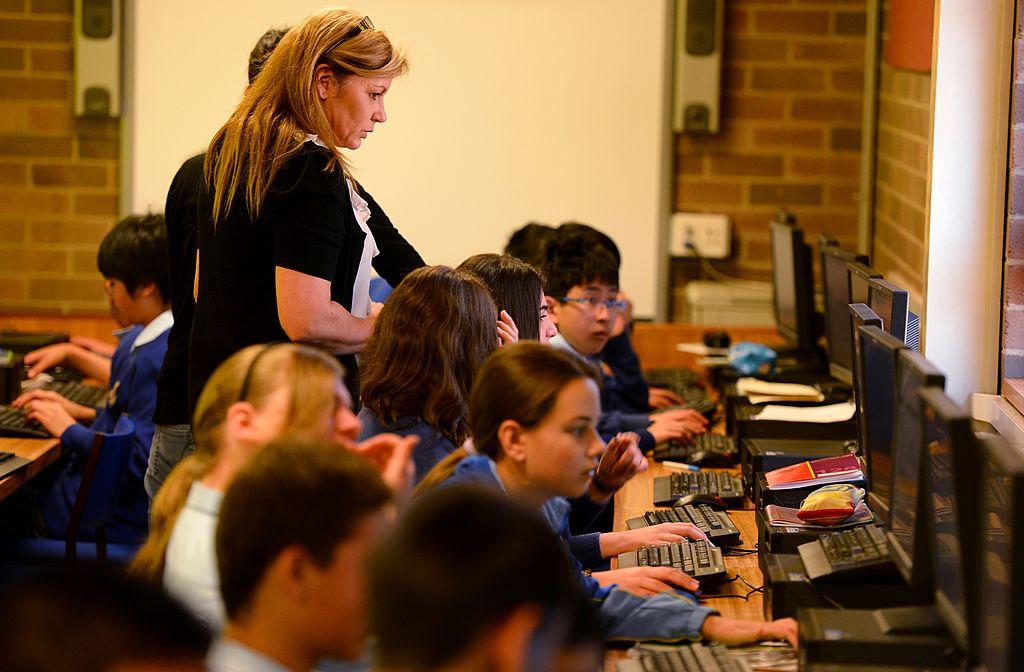Prime Minister Anthony Albanese announced an extra $2 billion (US$1.26 billion) towards doubling the Critical Minerals Facility’s capacity to finance mining and processing projects on Oct. 25.
The expansion takes the government’s resource investments to $6 billion, bolsters Australia as a world-leading provider, helps the transition to net zero and supports more jobs, opportunities, skills, technology and the economy.





